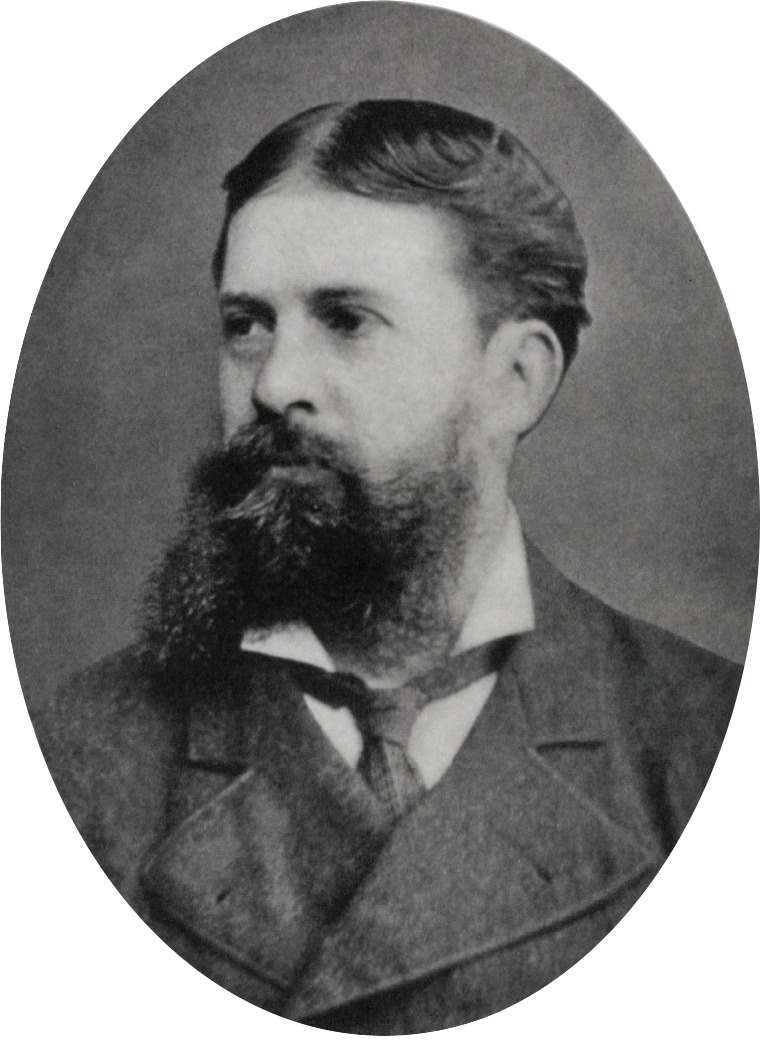What is Pragmatism?
Pragmatism is a philosophical movement that originated in the 1870s, emphasizing the importance of practicality and experience over principles and doctrine. Pragmatists believed that philosophical thought should aim at instrumental usage. Key figures in this movement included members of the Metaphysical Club, such as Charles Sanders Peirce, John Dewey, Chauncey Wright, George Herbert Mead, and William James. The influence of pragmatists can be seen in various disciplines, including science, metaphysics, ethics, education, language, religion, and logic.
The impact of pragmatism on society can be understood through the ideas of Jon Dewey, who was particularly interested in the education of children in the United States. Dewey observed how the education system operated, with teachers imparting knowledge to students who would simply absorb the information. According to Dewey, education should go beyond this endeavor and connect with human experience. He emphasized that education should not be limited to studying, but should encompass the practical application of learning, allowing children to enjoy their achievements.
What is Progressivism?
Progressivism is a philosophical tradition that emerged in the 1890s, emphasizing that human development or the improvement of human conditions depends heavily on scientific, technological, social, and economic development. Alongside the Enlightenment era in Europe, progressivism became extremely popular, as it posited that human society could achieve a state of optimal progress through positivist knowledge.
During this era, positivism was at the center of knowledge, dominating all sciences. As a result, any other forms of knowledge that contradicted positivism were rejected. This scientific foundation of positivism and positivist sciences gained the highest ranks.
In America, the period from 1890 to 1920 was considered the progressive era. During this time, progressives believed that social vices could be eliminated by providing education, facilities, and economic opportunities to the people. Although this movement initially began as a social movement, it later transformed into a political movement.
Key Takeaways
- Pragmatism emphasizes practicality and human experience, while progressivism focuses on human progress through social, economic, scientific, and technological development.
- Pragmatism originated in the 1870s, while progressivism emerged in the 1890s.
- Both philosophical traditions have had significant impacts on various disciplines and societal aspects, such as education and politics.
